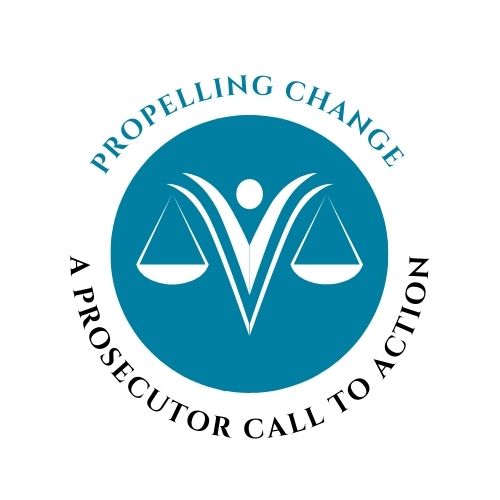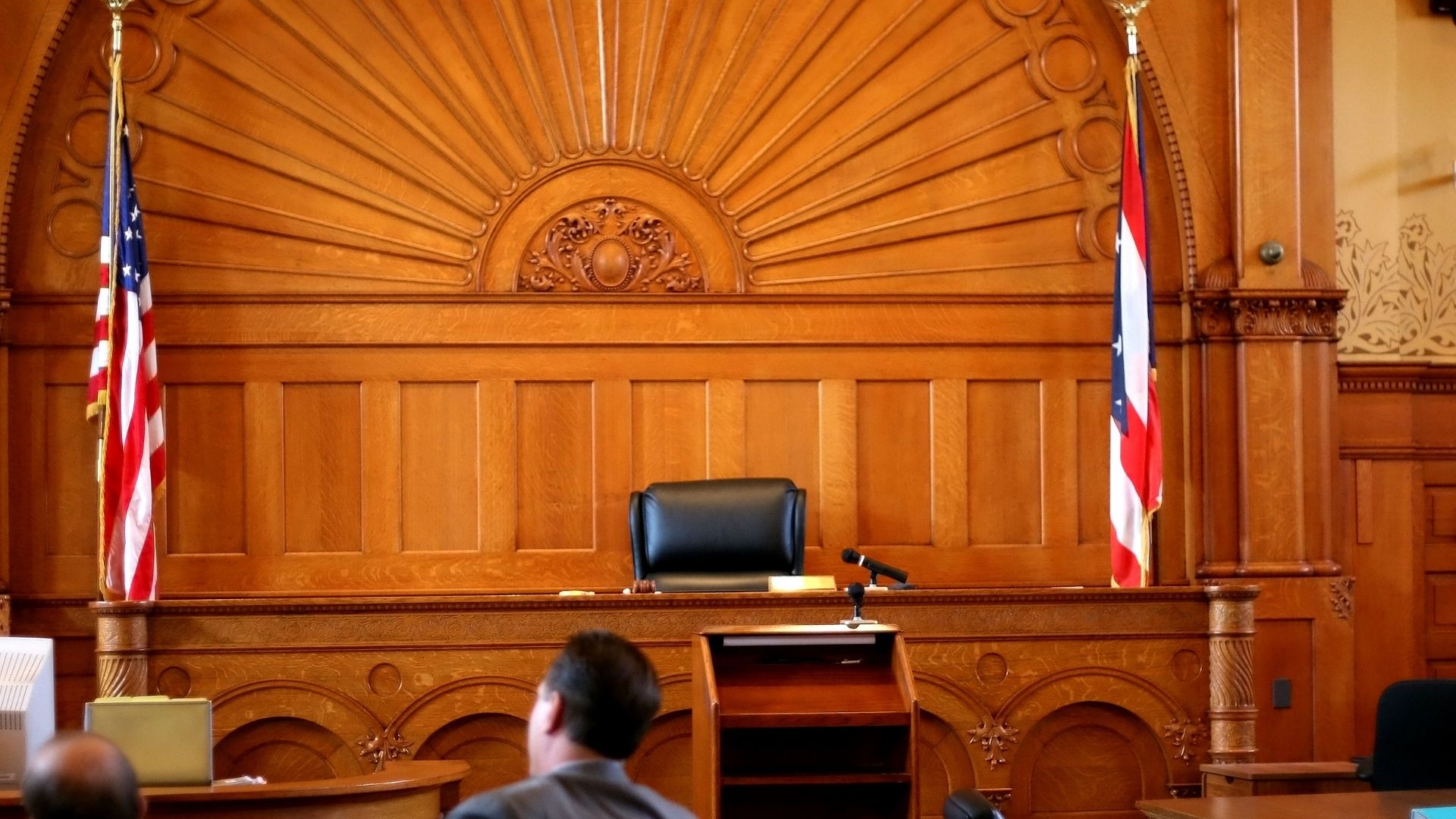Courts
Every year, more than 15 million criminal cases enter U.S. state courts with approximately 10 million of those cases leading to jail admission; about 20 percent of those individuals who are admitted have a serious mental illness.
People working in courts—such as judges, prosecutors, defense attorneys, and court administrators—oversee critical initiatives that can serve to identify people with mental health conditions or co-occurring substance use disorders, connect them to treatment, and, when appropriate, divert them to community-based supports. JMHCP supports initiatives such as court-based diversion programs, treatment courts, prosecution-led diversion efforts, and much more. These initiatives often combine court supervision with community-based treatment services, usually in place of incarceration.
Propelling Change: A Prosecutor Call to Action
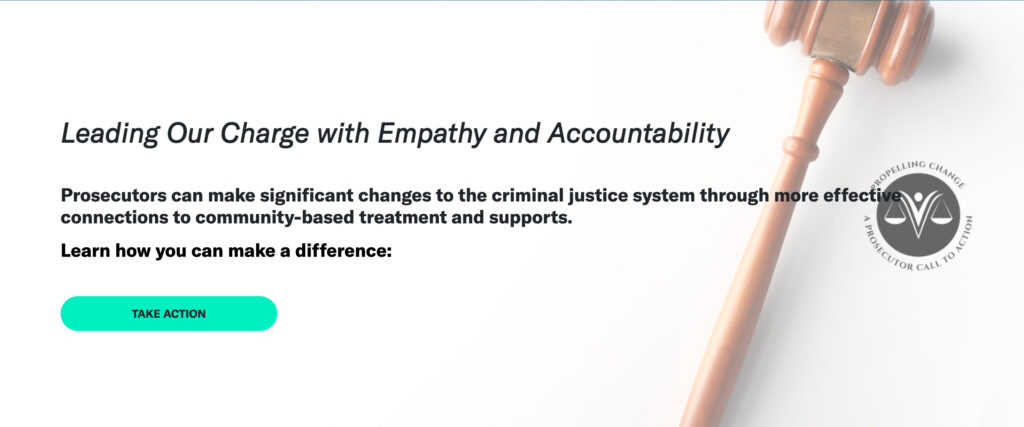
Collaboration Spotlight
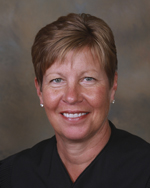
As a judge, I have been uniquely positioned to bring criminal justice and clinical professionals together with community partners to develop and implement behavioral health diversion programs that offer hope and recovery to people whose lives have been devastated by addiction and mental illness. At the same time, these efforts promote public safety by dramatically reducing the likelihood that they will reoffend. The public safety and quality of life benefits of these programs to the individuals, their families, and the community can’t be overstated.
Judge Janet Holmgren, 17th Circuit Court, Illinois
Selected Resources

Frequently Asked Questions: A Look into Court-Based Behavioral Health Diversion Interventions
Correctional Facilities
Key Staff
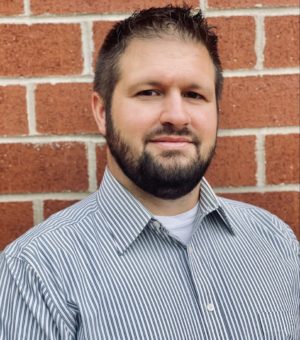
Steven Diehl
Senior Policy Analyst, Behavioral Health
Steven Diehl provides training and technical assistance under the Justice and Mental Health Collaboration Program for projects focused on the implementation of specialty courts. Prior to joining the CSG Justice Center, he served as the 17th Judicial District Treatment Courts coordinator in Central Pennsylvania. There, he oversaw 8 Specialty Court Programs, which also served as National Mentor Court Programs under the direction of the National Drug Court Institute and the U.S. Department of Justice. Steven earned his BS in criminal justice from York College of Pennsylvania and his MS in criminal justice administration with a concentration in justice administration from Loyola University New Orleans.
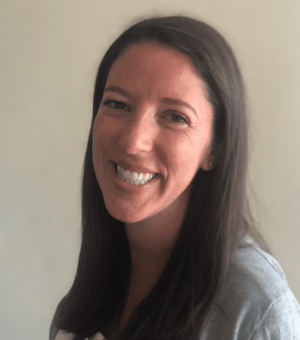
Katie Herman
Senior Policy Analyst, Behavioral Health
Katie Herman plays a key role in the Stepping Up initiative, mental health diversion, and other work at the intersection of justice, behavioral health, and homelessness. Prior to joining the CSG Justice Center, she worked at the Center for Alternative Sentencing and Employment Services (CASES) in New York City for eight years. She was initially the court liaison social worker for the CASES Nathaniel ACT Team, the city’s first felony alternative to incarceration program for adults with serious mental illnesses. She then supervised their Criminal and Supreme Court Team. Katie received a BA in English from the University of San Diego and an MSW from the Columbia University School of Social Work.
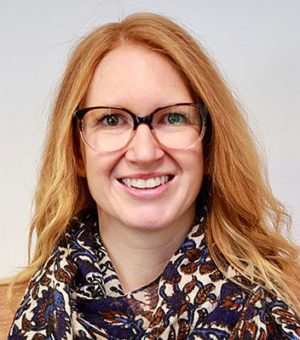
Marilyn Leake
Project Manager, Behavioral Health
Marilyn Leake works on county-based initiatives focused on improving outcomes for people in the criminal justice system who have behavioral health disorders. Prior to joining the CSG Justice Center, Marilyn served as the coordinator for the mental health and drug court programs in Prince George’s County, Maryland. In that role, she collaborated closely with local stakeholders throughout the criminal justice and behavioral health systems on diversion and other tactics to improve outcomes for people in the justice system with behavioral health disorders. She also worked on initiatives to standardize data collection and measurement strategies for treatment courts in Maryland. Marilyn holds a BS from Appalachian State University and an MSW from the University of Maryland.
